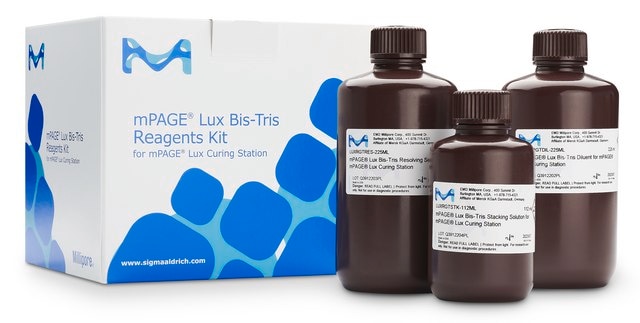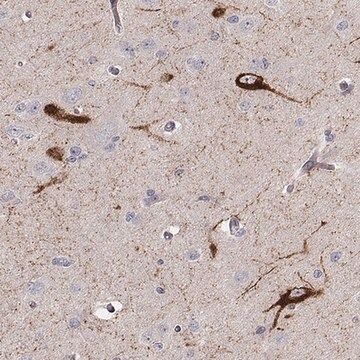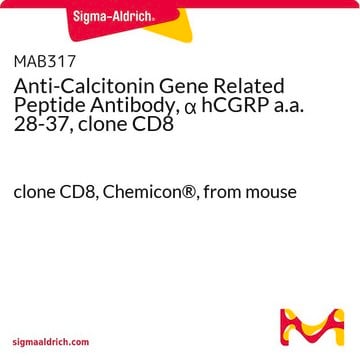MAB356
Anti-Substance P Antibody, pain, clone NC1
culture supernatant, clone NC1, Chemicon®
Synonym(s):
Anti-Hs.2563, Anti-NK2, Anti-NKNA, Anti-NPK, Anti-TAC2
About This Item
Recommended Products
biological source
rat
Quality Level
antibody form
culture supernatant
antibody product type
primary antibodies
clone
NC1, monoclonal
species reactivity
human
species reactivity (predicted by homology)
mammals
manufacturer/tradename
Chemicon®
technique(s)
immunohistochemistry: suitable
isotype
IgG2a
NCBI accession no.
UniProt accession no.
shipped in
dry ice
target post-translational modification
unmodified
Gene Information
human ... TAC1(6863)
Specificity
Immunogen
Application
Optimal working dilutions must be determined by end user.
Physical form
Storage and Stability
Other Notes
Legal Information
Not finding the right product?
Try our Product Selector Tool.
Signal Word
Warning
Hazard Statements
Precautionary Statements
Hazard Classifications
Eye Irrit. 2 - Skin Irrit. 2
Storage Class Code
11 - Combustible Solids
WGK
WGK 2
Certificates of Analysis (COA)
Search for Certificates of Analysis (COA) by entering the products Lot/Batch Number. Lot and Batch Numbers can be found on a product’s label following the words ‘Lot’ or ‘Batch’.
Already Own This Product?
Find documentation for the products that you have recently purchased in the Document Library.
Our team of scientists has experience in all areas of research including Life Science, Material Science, Chemical Synthesis, Chromatography, Analytical and many others.
Contact Technical Service








